
Issue #4, Sunday 5 September 2021
When I first started this newsletter, I thought I would struggle to bring it out fortnightly. As it is, I have so much material I’m struggling to keep it from needing to be weekly!
Bookish News
New and Upcoming Releases
Crime Fiction Awards
Other News
My Reading
Completed Since Last Issue
Currently Reading
Wish list
So many new books coming out or publication dates being announced! All I can do is pick out a small handful of the ones I personally would be interested in reading. If you share my tastes or interests, you might too.
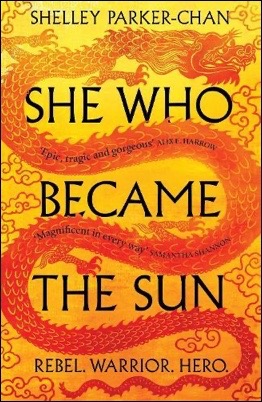
She Who Became the Sun is the debut novel from Asian Australian writer Shelley Parker-Chan. An extraordinary hybrid between historical fiction and epic fantasy, this accomplished book is set in China during the fall of the Yuan dynasty in the 14th century. This story of a peasant girl who assumes the identity of her dead brother to escape starvation, and ends up leading a rebel army against the ruling Mongols, is an engrossing, challenging and wildly compulsive read.
This definitely looks worthwhile, should win a few awards, too, by the look of it. I must get hold of it.
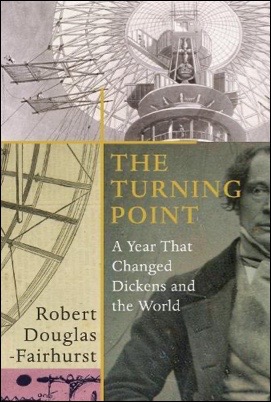
Subtitled "A Year that Changed Dickens and the World": A major new biography of Charles Dickens, by the award-winning author of Becoming Dickens and The Story of Alice.
The year is 1851. It’s a time of radical change in Britain, when industrial miracles and artistic innovations rub shoulders with political unrest, poverty and disease. It’s also a turbulent time in the private life of Charles Dickens, as he copes with a double bereavement and early signs that his marriage is falling apart. But this formative year will become perhaps the greatest turning point in Dickens’s career, as he embraces his calling as a chronicler of ordinary people’s lives, and develops a new form of writing that will reveal just how interconnected the world is becoming.
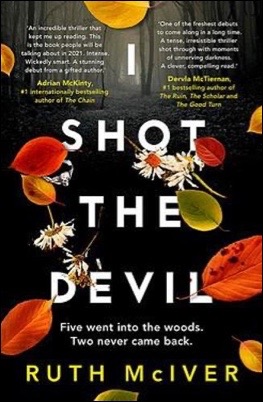
Released 1 September 2021
Ruth McIver’s manuscript of I Shot the Devil won Australia’s Richell Prize for Emerging Writers a few years ago, and on reading the published book, you can see why: this America-set crime novel is riveting from start to end.
Release date: October 05, 2021
Frank Exit is dead--or is he? While eavesdropping on two women discussing a dog-sitting gig over lunch, a bereft friend comes to a shocking realization: Frank has been reincarnated as a dog! This epiphany launches a series of adventures--interlaced with digressions about AI-generated fiction, virtual reality, Asian American identity in the arts, and lost parents--as an unlikely cast of accomplices and enemies pursues the mysterious canine.
This one sounds completely whacky… but fascinating.
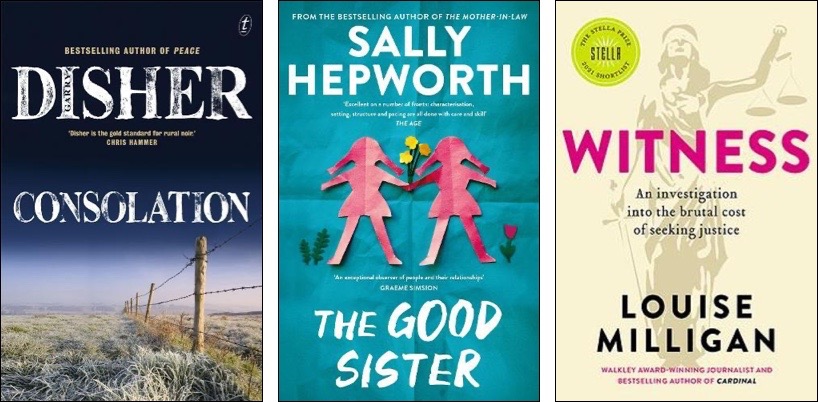
Announced 25 August. The winner of the Best Adult Crime Novel was Consolation by Garry Disher. I’m looking forward to reading this.
Announced 28 August. The winner of the Best Adult Novel was The Good Sister by Sally Hepworth. Winner of the Best Non-Fiction Book was Witness by Louise Milligan. I’d like to get hold of both of these.
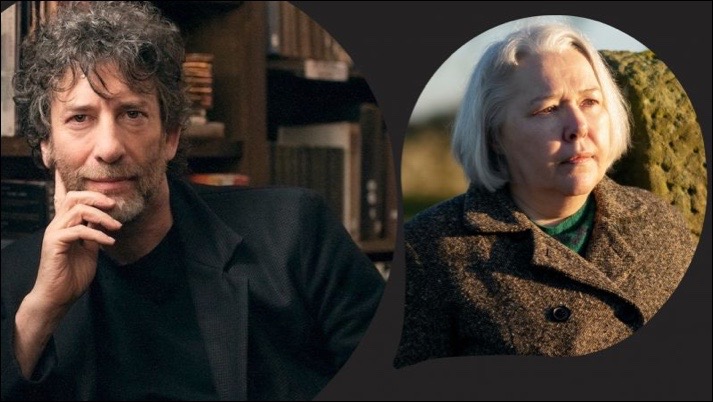
During a fascinating online discussion on 2 September between Neil Gaiman (author of the Sandman graphic novels, American Gods, The Ocean at the End of the Lane and many others) and Susanna Clarke (author of Jonathan Strange and Mr. Norrell and Piranesi), both writers revealed they are working on new novels.
Ms Clarke's new book is to be set largely in Bradford, Yorkshire (my home town!) and Italy. She expects it to be longer than Piranesi but by no means as long as Jonathan Strange. Gaiman is currently involved in the TV series of Sandman and Good Omens 2, but in between those major projects, is trying to write a long-ish novel.
As a writer myself, it was wonderful to hear them talk about their writing methods; I was interested to hear neither can plan out their books in advance, or not in any detail. That’s me, too!
The event was organised by 5x15 stories. Live access to the event was by ticket only. I set an alarm and woke up at 4:00 am Melbourne time in order to be able to watch it live, but you can now watch a recording on their YouTube channel here.
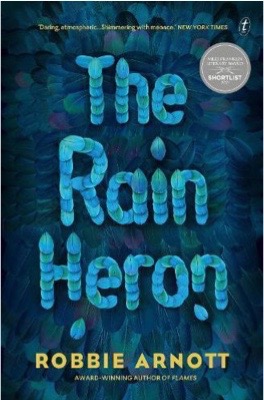
...the Hobart-based writer’s second novel, The Rain Heron, has been named Age Book of the Year, for which he receives a prize of $10,000, thanks to the Copyright Agency’s Cultural Fund. It is the 40th time the award has been presented and marks its return after a hiatus of nine years.
Now I really need to read it! Great cover by W. H. Chong.
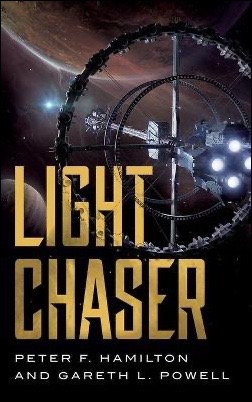
Just out, Light Chaser, a collaboration between two well-known science fiction authors which looks very interesting for space opera fans.
Amahle is a Light Chaser - one of a number of explorers, who travel the universe alone (except for their onboard AI), trading trinkets for life stories.
But when she listens to the stories sent down through the ages she hears the same voice talking directly to her from different times and on different worlds. She comes to understand that something terrible is happening, and only she is in a position to do anything about it.
And it will cost everything to put it right.
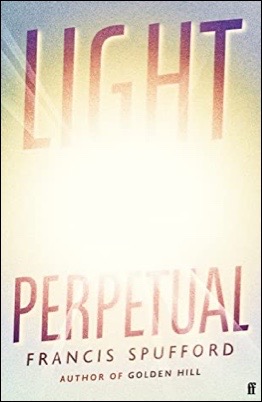
This was on the Booker Prize longlist this year and I chose it as one of three or four from that list which looked particularly interesting.
It starts in 1944 with a V2 rocket which has just plunged through the roof of a Woolworths department store in Bexford, South London. Scores of women and children, and all the staff of the store are killed in an instant.
The author imagines five pre-school children killed that day and switches us into an alternative timeline in which the rocket landed elsewhere and they weren't killed. The rest of the novel is about the imagined lives of these children as they would have been had they not died.
The book gives us snapshots of their lives at different intervals after the moment which the author switches the timeline: five years on, when the children are in school; twenty years on, when they are young adults; and so on, up to sixty-five years later, when they are in their late 60s.
It's a bit, if you like, like that 7-up television series by Michael Apted. The author makes this a very interesting piece of fiction, though, and the whole makes an fascinating narrative about the changes in Britain through the years. Each person's story is really engaging, and you sort of take a deep breath as you move to the next time period. What will have happened to them, how will it turn out? There are many unexpected turns these lives take.
I liked the book a great deal, and can see why it was on the Booker list.
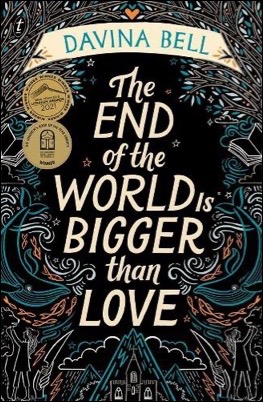
This book was the winner of a Children's Book Council of Australia award, this year's "Book of the Year for Older Readers". The book has also been shortlisted for the Readings Young Adult Book Prize 2021.
It's a very strange, very challenging book, but very good, and I think a worthy winner of the award.
So, how to describe the book? It's tricky, because I don't want to give away too many spoilers.
The story is told by two identical twin sisters who are probably 15 or 16 by the time the book finishes. We're told that their mother died giving birth, and that their father subsequently named the girls Summer and Winter.
They are now living alone on an island where they were taken by their father, who was a scientist and a political activist. There's been some kind of major world catastrophe from which their father was escaping.
Unfortunately, their father is no longer with them, as he was taken away in handcuffs by a group of armed men—Summer calls them "ninjas"—and since then the girls have been living alone for several years.
They tell their story in interleaved chapters, Summer then Winter. But as chapter succeeds chapter we slowly start to realise that the narratives of the two girls differ in very significant ways. You can't trust that what you are being told is the truth, and since you only have these two, sometimes contradictory, points of view, it's a real challenge to try to work out where the truth may lie.
The book is confronting in several ways. Themes of suicide, an execution by terrorists, a deadly pandemic and environmental collapse and much more are all dealt with, and not in a comforting way.
The book finishes in an unexpected direction and at the end of it when you put it down, you're still thinking about it for long afterwards.
I thought it was a terrific read, one of the best books I’ve read this year. Forget the “Young Adult” label.
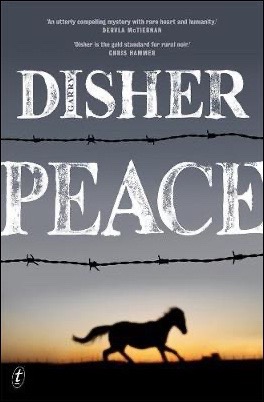
This is the second in Disher’s series featuring Constable Paul Hirschausen (“Hirch”), who’s been posted to a tiny township in rural South Australia. I temporarily set aside Candice Fox’s Fall to read Peace because the third novel in this series, Consolation, just won this year’s Ned Kelly Award for Best Adult Crime Novel, and so I want to read that in the near future. Such is the hard life of us book reviewers!
Peace was really well done on all counts. I’ll probably do an overview of all three books in the series once I’ve finished Consolation.
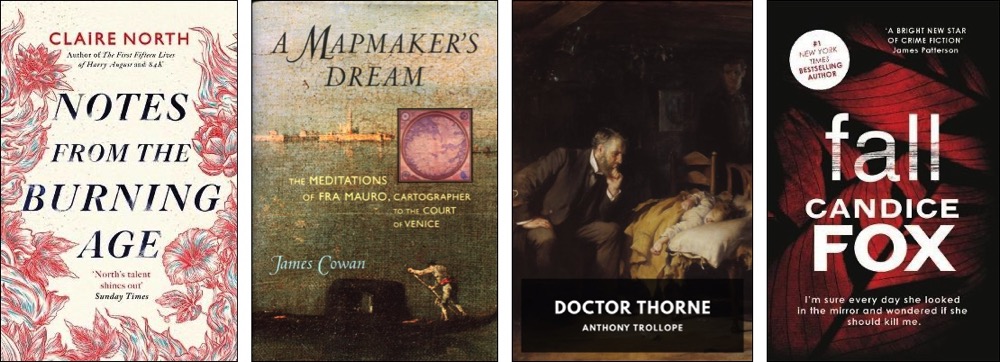
Notes from the Burning Age by Claire North. This is North’s latest novel, taking a different kind of tack than the other novels of hers which I’ve read. Only a few chapters in so far.
A Mapmaker’s Dream by James Cowan. Very strange book which purports to be the meditations of one Fra Mauro, a monk in Venice in the 1500s who is trying to make a detailed map of the known world, but at the same time suffused with all kinds of philosophical explorations. Not entirely sure if I will finish this, though it’s a short book.
Doctor Thorne by Anthony Trollope. My current project for Standard Ebooks, the third in Trollope’s Chronicles of Barsetshire series. Only about six chapters through it so far.
Fall by Candice Fox. This has been put aside for a little while, but I will get back to it.
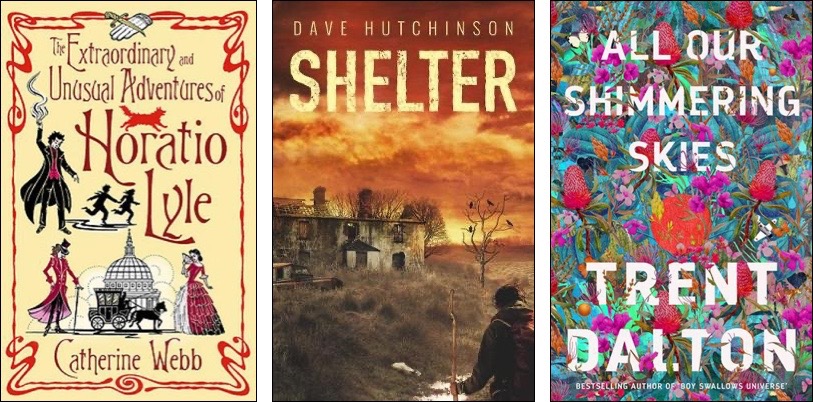
Books I’d love to read. They have all been out for a while, so don’t fit under my “New Releases” heading. Getting hold of them isn’t the problem, having enough time to read them is. So many books, so little time!
Horatio Lyle is Sherlock Holmes crossed with Thomas Edison as written by Terry Pratchett: witty, action-packed and perfect for fans of detective stories, fantasy stories and good old-fashioned adventure.
Catherine Webb is the real name of one of my favourite authors, Claire North. The Horatio Lyle series looks like a lot of fun.
I loved the Fractured Europe series by Hutchinson, and this post-apocalyptic series looks very good.
Dalton’s debut novel Boy Swallows Universe was great. This is his second novel, which I eventually want to get to.
And that’s it for another issue of Through the Biblioscope. Please don’t forget to share this with any of your friends who might be interested! Also, check out our podcast.
— David
© Copyright 2024 by David R. Grigg
and licensed under Creative Commons License CC BY-ND 4.0.